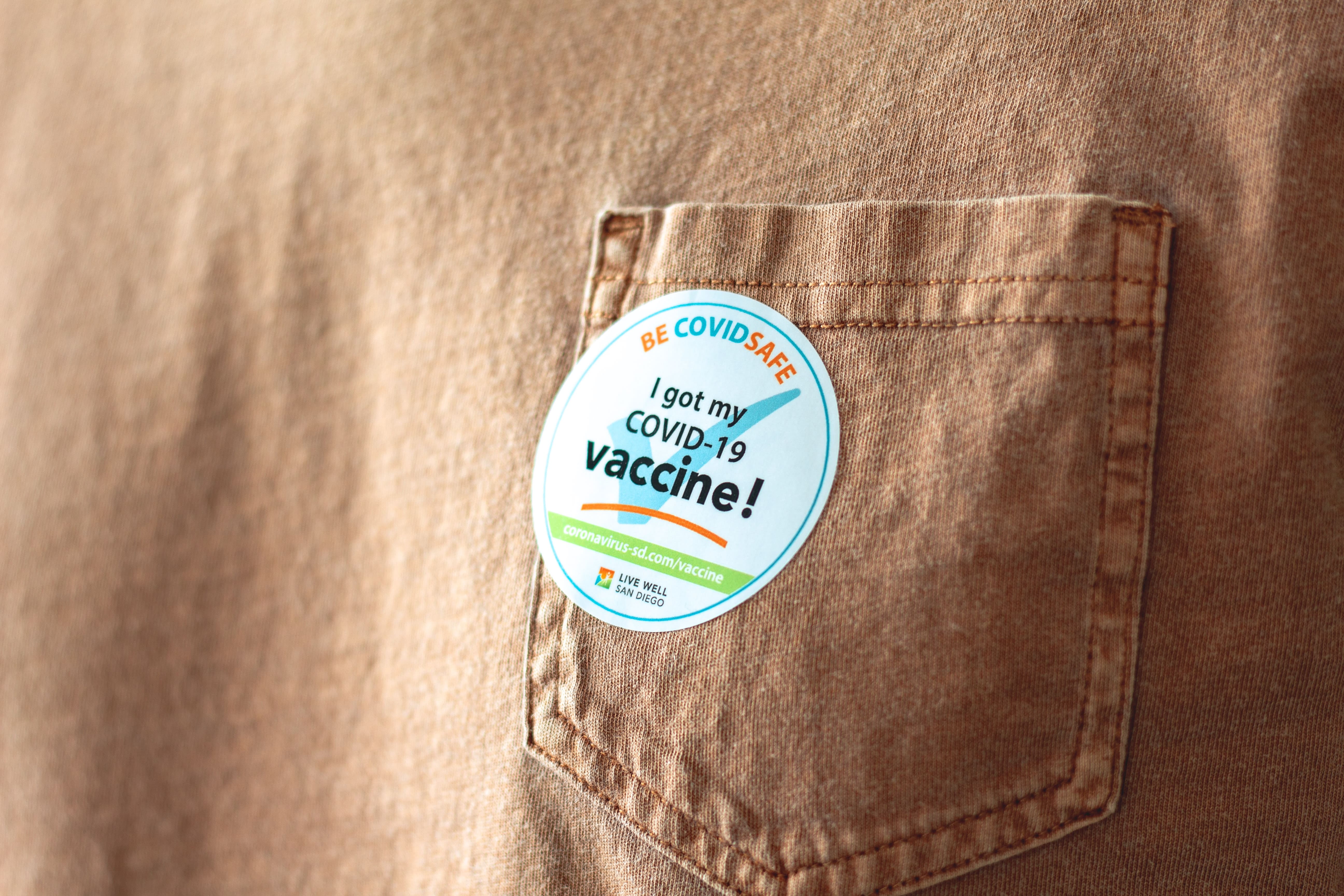

Heart rate variability (HRV) is the measure of variation in time between heart beats. This variation arises from the effect of the autonomic nervous system (ANS) on the heart. The ANS is the part of our nervous system that controls the involuntary functions of the body. It has two branches: the parasympathetic branch which is activated during relaxation and the sympathetic branch which is activated during periods of stress (also called the fight-or-flight mode).
HRV reflects the balance between these two branches. A low HRV indicates overactivation of the fight-or-flight mode. This has been linked to an increased risk of death and heart disease. Anything that causes an imbalance between these two branches' effects on the heart can potentially lead to a low HRV.
The short answer is: in some people it can.
Most people will not see a meaningful change in HRV after receiving a vaccine. However, WHOOP has recently reported that they detected a lower HRV in 1 out of 5 people after receiving the COVID-19 vaccine. This is not surprising however. It has been reported in the past that taking a vaccine can indeed have a lowering effect on HRV. A study on 72 volunteers who received a routine influenza vaccine showed a significant reduction in HRV in some of them. Interestingly, this reduction was only detected in those who reported symptoms after receiving the vaccine. The effect is short lived and usually resolves within days.
Most vaccines work by exposing the body’s defense system to particles that look like parts of a virus (called antigens). When the defense system encounters these antigens it mounts a similar immune response as if it were exposed to the real virus itself. This response is part of the inflammatory reflex and it is the body’s main defense against infections.
The inflammatory reflex is regulated by the brain through the autonomic nervous system (ANS). This relationship is mediated to a large extent by the vagus nerve. The nerve acts as a two way street between the brain and the rest of the body. When inflammation levels are high, the vagus nerve relays this information to the brain which then sends a signal back to regulate the levels of inflammation. The vagus nerve also carries part of the autonomic innervation of the heart. Because of this relationship, we would expect to see an increase in HRV when inflammation levels are low and a decrease in HRV when inflammation levels are high. This was shown by a meta-analysis of 51 studies on the relationship between HRV and inflammation published in 2019. It demonstrated a clear association between high inflammation levels and low HRV.
After receiving a vaccine, increased inflammation levels caused by activation of our immune system may lead to a short lived imbalance in the autonomic innervation of the heart. This may be reflected in a low HRV.
The effects are usually very short lived and shouldn’t be a deterrent against taking the COVID-19 vaccine. Both the CDC and the NHS strongly recommend getting the vaccine when available. Knowing how the vaccine can affect you may help you better prepare and know what to expect after receiving your jab.
Impact of COVID-19 Vaccination on WHOOP Data
https://www.whoop.com/thelocker/covid-19-vaccine-effects-data/
Assessment of changes in cardiac autonomic tone resulting from inflammatory response to the influenza vaccination
https://pubmed.ncbi.nlm.nih.gov/23031064/
The vagus nerve and the inflammatory reflex—linking immunity and metabolism
https://www.ncbi.nlm.nih.gov/pmc/articles/PMC4082307
Heart rate variability and inflammation: A meta-analysis of human studies
https://pubmed.ncbi.nlm.nih.gov/30872091/